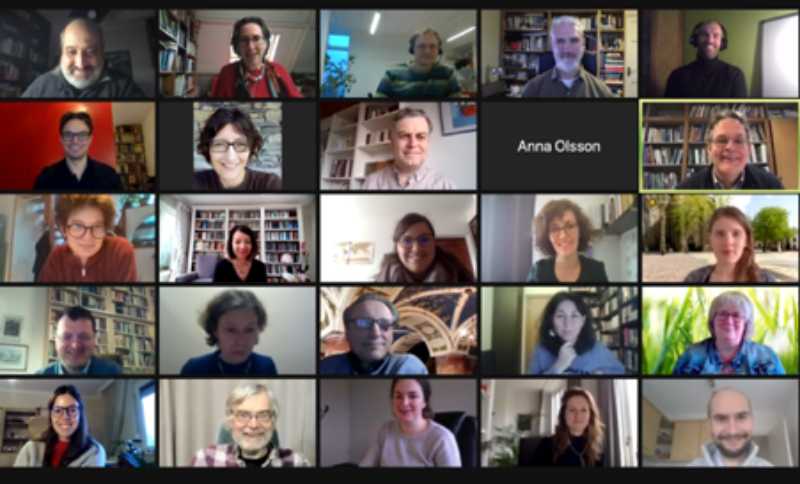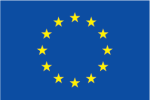The 3rd INTEGRITY Annual Consortium Meeting was held in January 2021 as a fully online event, where the latest developments of the project were presented and discussed.
A year ago the 11 INTEGRITY Consortium partners were discussing, in the beautiful city of Vilnius (Lithuania), the latest project’s achievements and planning the development of the innovative INTEGRITY teaching tools (WP4). Now, a year later (2021), we could not be prouder of what we have achieved during this challenging year!
Like everywhere in the world, the COVID-19 pandemic has brought several challenges for our project. Yet, with challenges also comes opportunities, “if only we are brave enough to see it, if only we are brave enough to be it”, as so aptly by Amanda Gorman in her poem speech at USA Joe Biden’s Presidential Inauguration! In INTEGRITY, we had to redefine our initial plans to collect survey data on students’ perceptions and needs in academic integrity (WP2) and to design flexible, interactive and engaging teaching tools, suitable for both online and face-to-face environment (WP4). We also embraced the new way to meet…online! So, although this year we could not meet in person in Ljubljana, our University of Ljubljana partners welcomed us with an amazing video of the beautiful and vibrant city of Ljubljana.



Leave a Reply